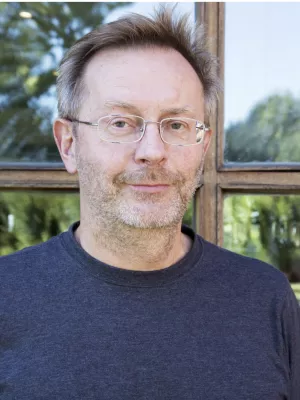
Ronny Berndtsson
Professor, Dep Director, MECW Dep Scientific Coordinator

Potential fresh water saving using greywater in toilet flushing in Syria.
Author
Summary, in English
Department/s
- MECW: The Middle East in the Contemporary World
- Centre for Advanced Middle Eastern Studies (CMES)
- Division of Water Resources Engineering
- LTH Profile Area: Water
Publishing year
2011
Language
English
Pages
2447-2453
Publication/Series
Journal of Environmental Management
Volume
92
Issue
10
Document type
Journal article
Publisher
Elsevier
Topic
- Water Engineering
- Other Social Sciences
Status
Published
ISBN/ISSN/Other
- ISSN: 0301-4797

